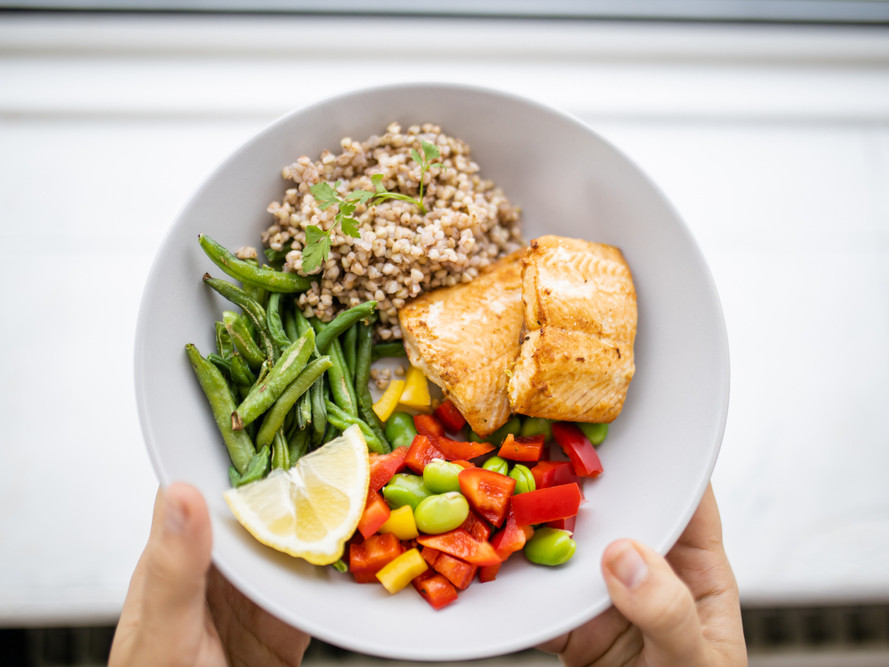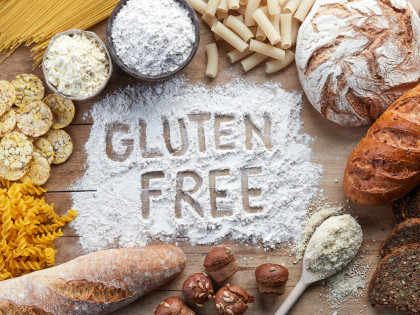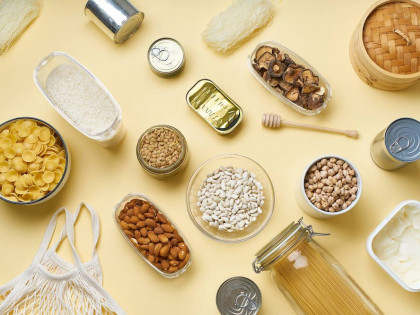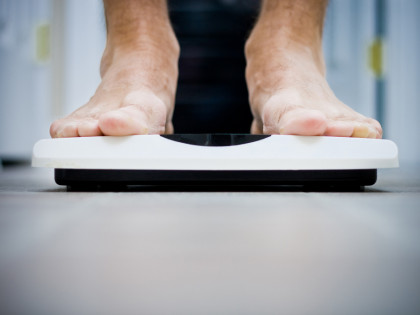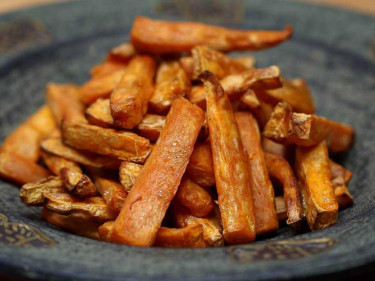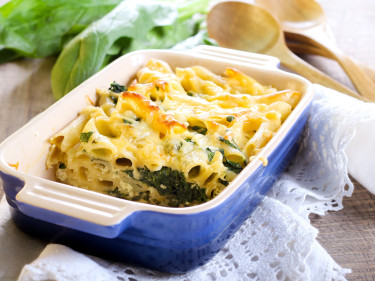Are you feeling lethargic, or hitting that mid afternoon slump and not sure how to get through the afternoon?
The nutritional quality of the foods you eat, and whether or not you are eating enough for your energy needs influence whether you feel tired and lethargic, or ready to tackle each day.
The majority of food that you eat needs to be centred around the five food groups as these are rich in the vitamins, minerals and fibre your body needs to function properly. Complex carbohydrates found in foods such as wholegrain and wholemeal breads, cereal, rice and pasta, as well as vegetables and fruit are a valuable source of energy that your body uses to fuel muscles and your organs like the brain, lungs and heart. These foods are also good sources of some B group vitamins that are needed to convert food into energy. Low glycemic index (GI) carbohydrates are digested and absorbed more slowly from the gut, which leads to a slower rise in blood sugar levels after eating. Eating a wide variety of foods within the ‘basic 5’ groups helps you meet vitamin and mineral needs.
Foods that may support you in having more energy include:
- Baked beans
- Blueberries
- Dragon fruit
- Rolled oats
- Spinach
- Wholegrain bread
You can read about the link between these foods and having more energy here: More Energy | No Money No Time
Tips to improve your energy levels:
- Maintain a regular schedule for eating, aiming for three meals a day, and adding in healthy snacks to meet your daily serves of the five food groups. Starting with a balanced breakfast.
- Fill half your plate with vegetables at each meal, and snack on fruit. Both are good sources of phytonutrients, nitrates, vitamins, minerals and fibre.
- Choose low GI sources of carbohydrate, wholegrains, and include vegetables at most meals to get a sustained release of energy
- Include a source of lean protein such as chicken, fish, tofu, eggs, yoghurt, cheese or legumes at each meal.
- Consider the food and timing of your meals around your activity levels and sports to optimise your performance and support your recovery.
- Drink a minimum of 2L of water every day



